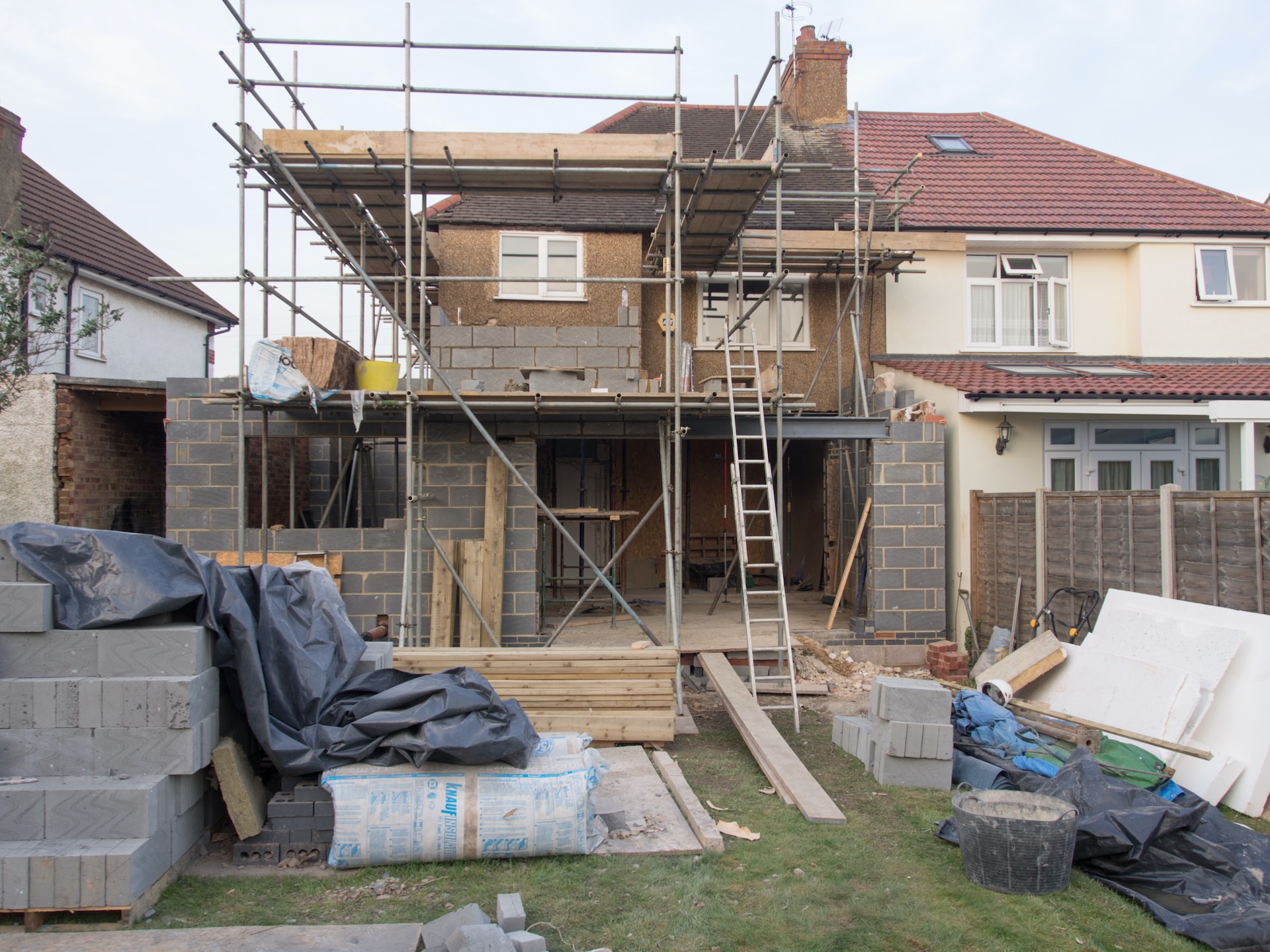The Ultimate Handbook for Successful House Extensions
Expanding one's living space through house extensions has become a popular solution for homeowners looking to accommodate their changing needs without the hassle of moving. However, embarking on a house extension project requires careful planning and execution to ensure a successful outcome. In this handbook, we will provide you with valuable insights and practical tips to guide you through the process of planning and executing a successful house extension.

Defining Your Goals
Assessing your needs: Begin by identifying the specific reasons for your house extension. Are you looking to add a single-storey extension for more bedrooms, create a larger living area, or establish a home office space? Understanding your needs will help you determine the scope and design of your extension.
Setting a budget: Determine your budget early on to avoid any surprises down the line. Consider the costs involved in hiring professionals, obtaining permits, purchasing materials, and any additional expenses that may arise during construction.
Planning and Design
Engaging professionals: Seek the assistance of architects, engineers, or design-build firms to help you create a comprehensive plan for your house extension. Their expertise will ensure that your design meets local building codes, maximizes space, and blends seamlessly with your existing home.
Considerations for design: Keep in mind the architectural style of your home and strive for a cohesive integration of the extension. Pay attention to factors such as natural light, ventilation, and flow of space to create a comfortable and functional environment.
Legal and Permitting Requirements
Research local regulations: Contact your local authorities to understand the zoning laws, building codes, and any specific requirements for house extensions in your area. Obtain the necessary permits and ensure compliance with all regulations to avoid delays and potential legal issues.
Engage professionals for compliance: Work with professionals who are well-versed in local regulations to ensure that your extension meets all the necessary standards. They can guide you through the permitting process, making it smoother and more efficient.
Construction and Execution
Hiring the right contractor: Select a reputable contractor with experience in house extensions. Request references, review their portfolio, and obtain multiple quotes to make an informed decision. A reliable contractor will manage the construction process efficiently, ensuring quality workmanship and timely completion.
Regular communication: Maintain open lines of communication with your contractor and keep track of progress. Regular site visits will allow you to address any concerns promptly and ensure that the project is progressing as planned.
Finishing Touches and Completion
Interior design and finishes: Plan the interior design of your extension to complement the existing aesthetics of your home. Consider elements such as flooring, lighting, paint colours, and fixtures to create a harmonious blend of old and new.
Final inspections and handover: Before moving into your newly extended space, schedule final inspections to ensure compliance with building codes. Address any remaining issues, finalize the paperwork, and obtain any necessary certificates before officially completing the project.
Undertaking a house extension can be a rewarding endeavour, expanding your living space and enhancing the functionality of your home. By following the guidelines provided in this ultimate handbook, you'll be well-equipped to plan, design, and execute a successful house extension. Remember to define your goals, engage professionals, adhere to legal requirements, choose the right contractor, and pay attention to the finishing touches. With proper planning and execution, your house extension will not only meet your needs but also add value to your home for years to come.